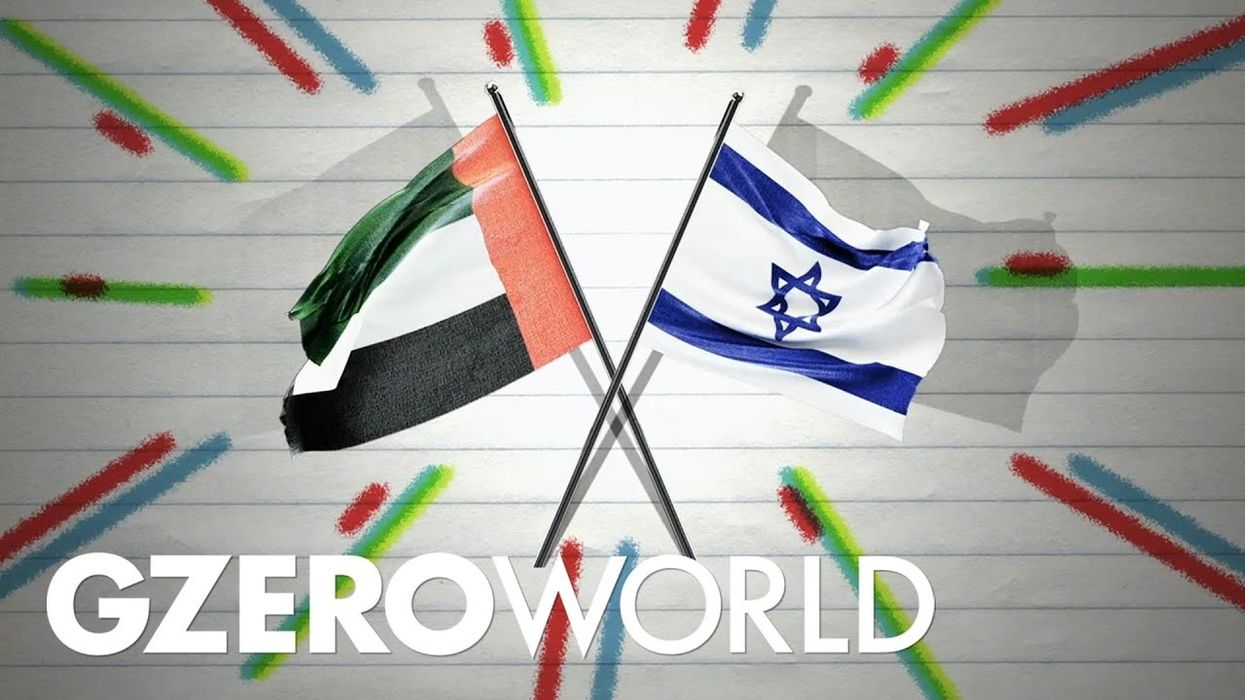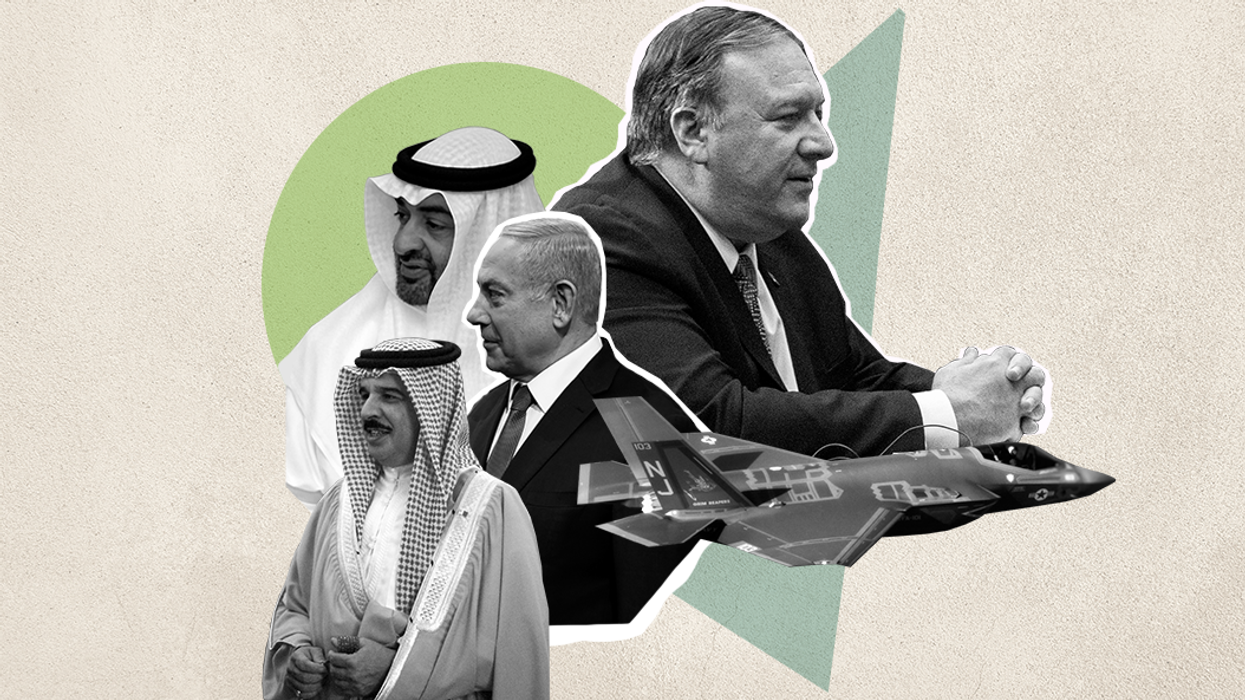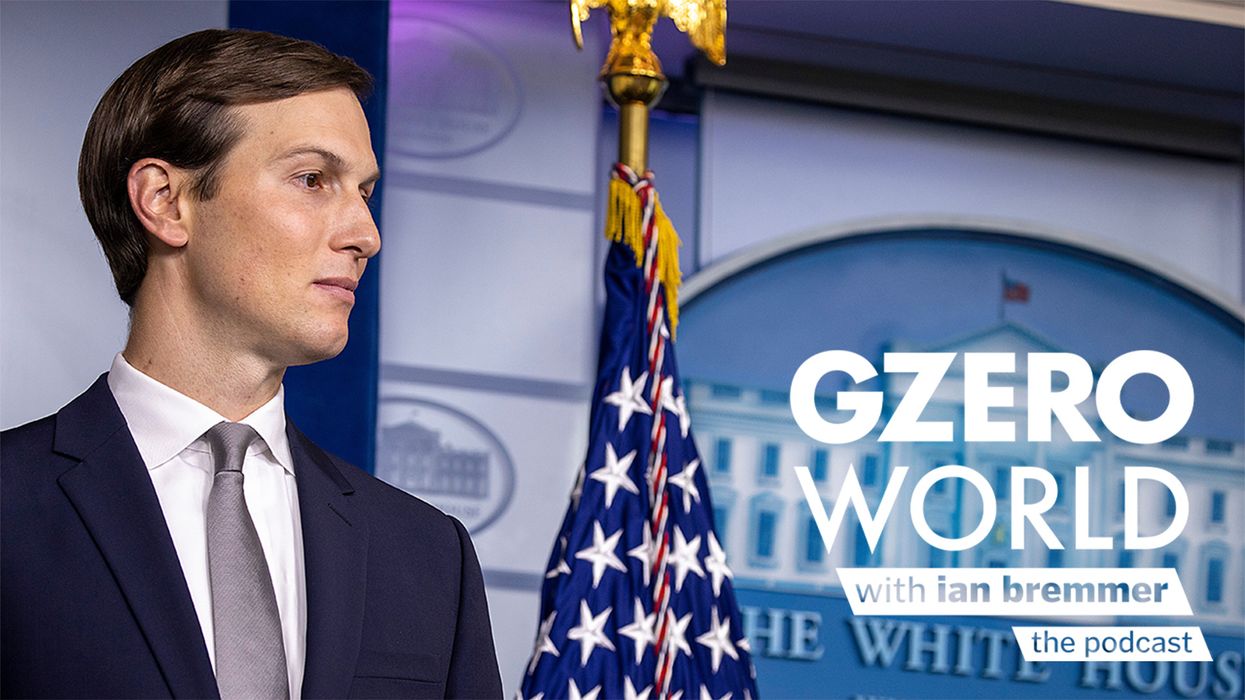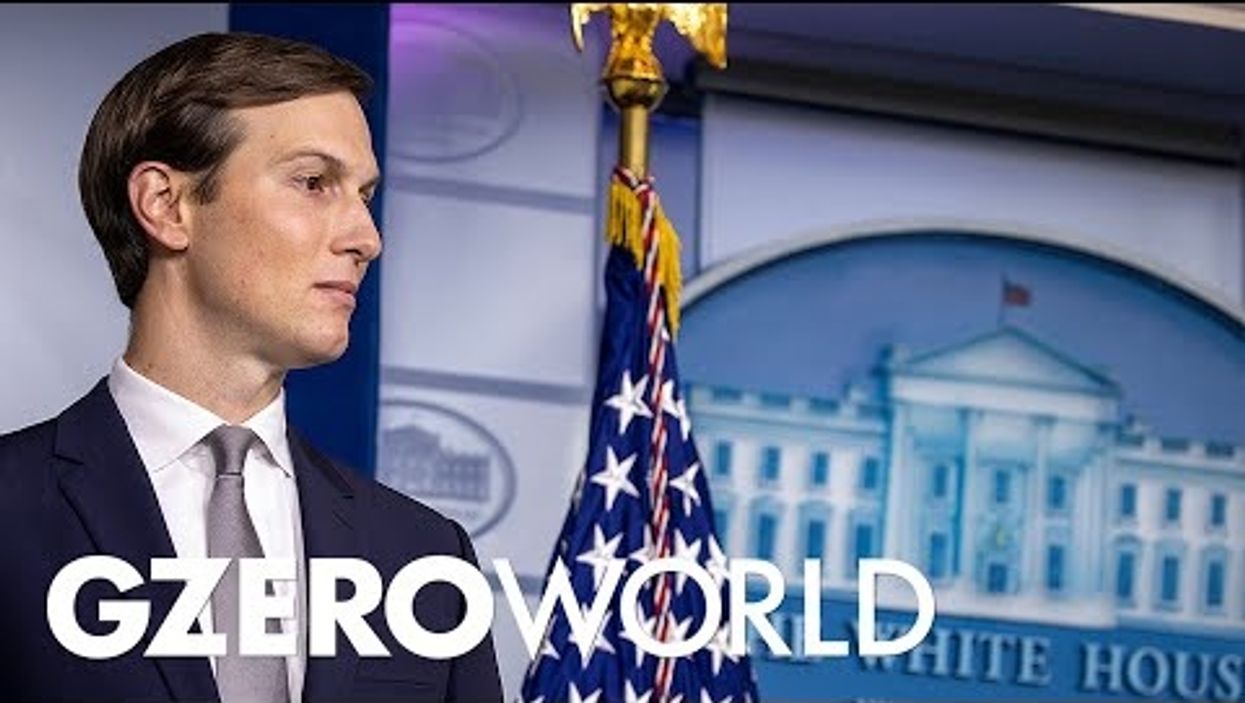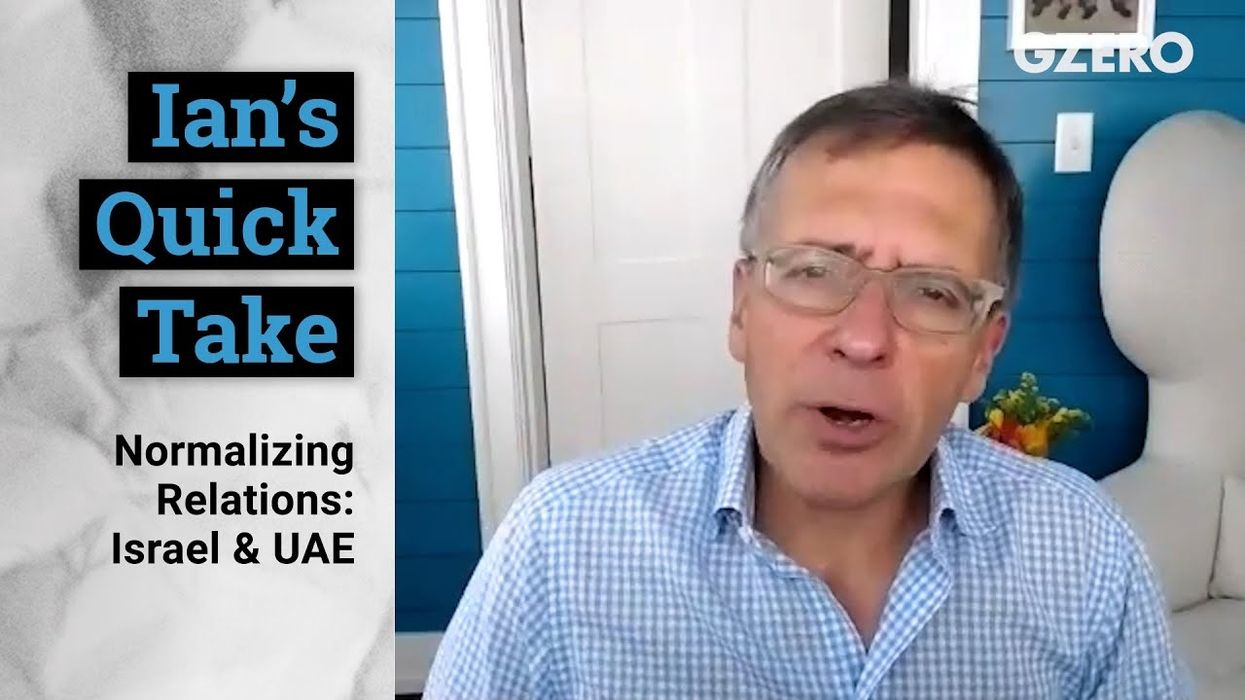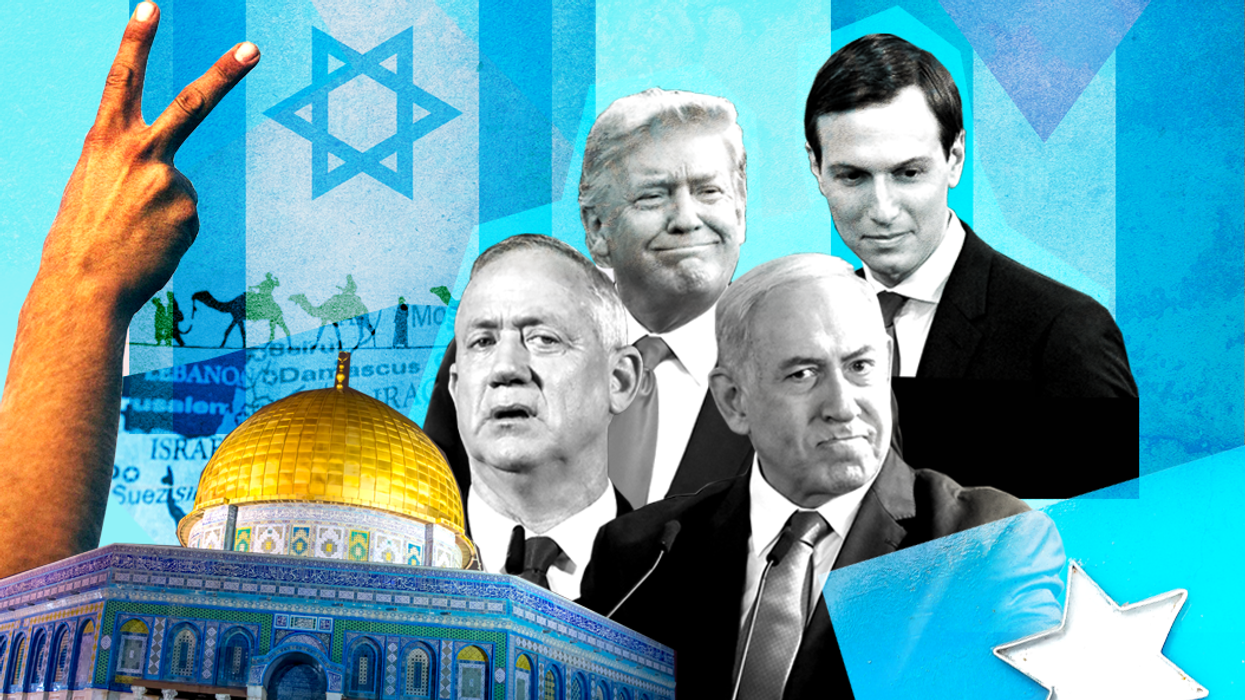Middle East
Has Jared Kushner Turned his Back on the Palestinians?
As the White House announces a historic deal between Israel and the UAE, Ian Bremmer talks to the chief architect of the Middle East strategy for President Trump—his senior advisor and son-in-law Jared Kushner. In the conversation, Bremmer challenges Kushner's assertion that the US is trying to give the Palestinians a fair offer and asks if Arab nations have walked away from the Israel/Palestine conflict. As in January, Kushner continues to insist that Palestine has a "fair" and "great" offer for peace, saying: "this deal may be the last opportunity [the Palestinians will] ever have."
Aug 30, 2020

